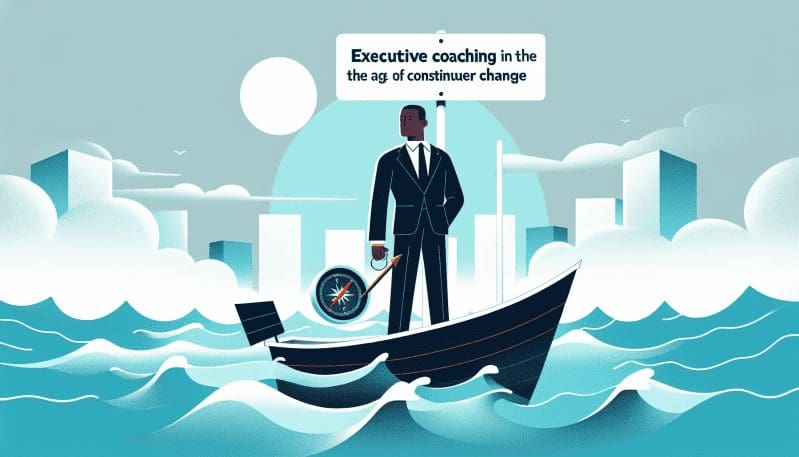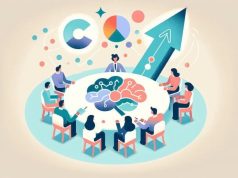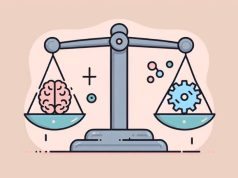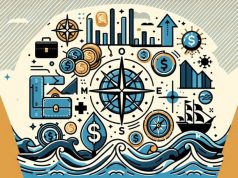In the swirling currents of today’s business world, change is not just a constant; it has become a rapid torrent. Globalization, technology, political landscapes, and the pressing need for sustainable practices have all but upended traditional corporate structures and leadership models. The ever-evolving narrative compels a radical overhaul in the way we perceive and enact leadership. Executive coaching, the compass by which many organizations have navigated these seas, is experiencing a metamorphosis, aligning with resilience, adaptability, and a clear vision for future challenges.
From the C-suite to the emerging leaders, the demand for coaching methodologies that stretch beyond the conventional is on the rise. The emphasis isn’t just on achieving short-term goals but fostering a culture where leadership is synonymous with continuous learning and evolution. In this pursuit, executive coaching has expanded its horizons to include a focus on sustainability, not only in environmental terms but also in creating enduring business practices and leadership that thrive amid change.
Diversity and inclusion, too, have become critical buzzwords, yet their integration into leadership development isn’t merely about hitting benchmarks or improving statistics. It’s about crafting a mosaic of perspectives that can propel organizations towards innovative solutions and broader societal impact. By championing a diverse leadership, executive coaching programs are equipping leaders to harness varied insights, fostering a richer understanding of the global marketplace.
In dissecting these shifts, we encounter stories of transformation that redefine the ceiling of what’s possible. Take the example of a tech giant that revamped its executive coaching to accentuate empathetic leadership, resulting in a significant uptick in employee engagement and retention, or the non-profit that restructured its leadership development to prioritize community and environmental impact, driving unexpected growth and industry acclaim.
The players in executive coaching are not just human; emerging AI-powered coaching tools are poised to disrupt the landscape further. With machine learning algorithms providing real-time feedback and personalized learning paths, AI-coaching is promising a revolution in how executive development is delivered. Yet, these advancements herald a debate: can technology truly replicate the nuanced judgment and emotional intelligence of seasoned coaches?
This conversation is not a simple one, nor does it possess a single answer. It warrants a deep dive into how we value the human element in a tech-driven world and to what extent we are willing to blend these realms for the greater good of our organizations and society at large.
As we examine these trends and their implications, we invite you to join the discussion. The future of executive coaching and leadership development is not written in stone; it is a living document that evolves as we speak. Together, let’s explore how we can shape it to foster leaders who are not only equipped to face the storms ahead but can also chart a course towards a sustainable and inclusive future.

























